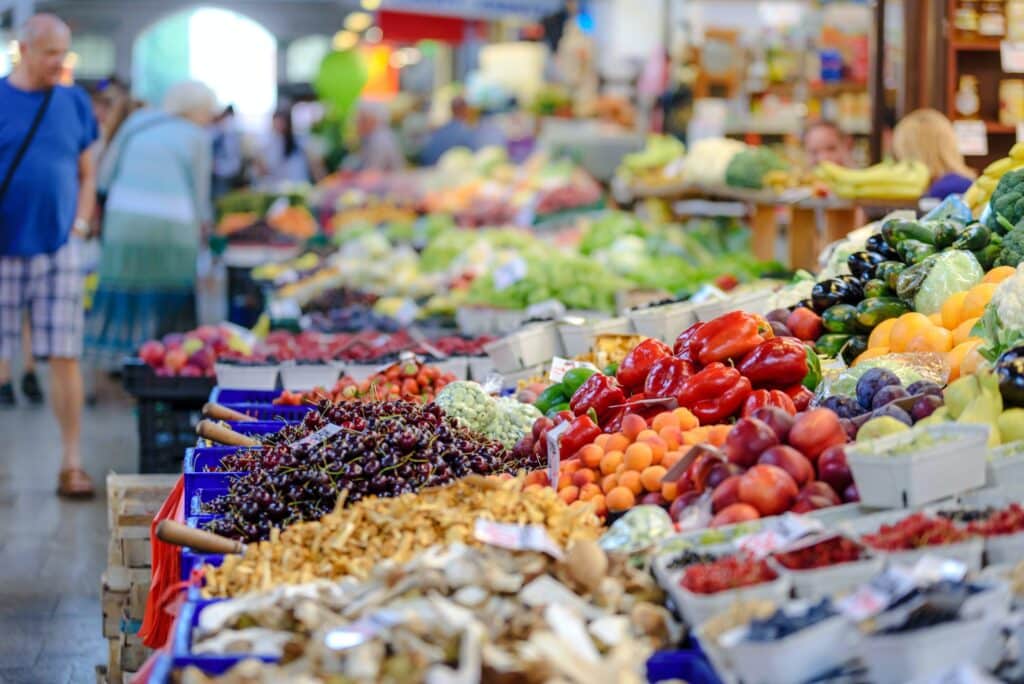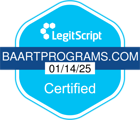Eating healthy is something most people aspire to, but it’s not always easy to do — especially during recovery from opioid addiction. It’s tempting to substitute food for drug use to satisfy cravings, putting you at risk of dysfunctional eating habits, binge eating and unhealthy weight gain.
In this article, you’ll discover how a healthy diet can influence your recovery and learn about some of the best foods for opioid addiction recovery.
Why Diet Is Important During Opioid Addiction Recovery
Opioid addiction brings with it nutritional consequences. Those misusing drugs can become malnourished or lack adequate nutrients in their diet. Focusing on good nutrition during recovery helps your body regain specific nutrients and can potentially aid the success of your recovery process.
As opioids leave your system, your body begins to crave food again to make up for lost nutrients. However, if you’re not careful about your food choices, nutritional challenges might also be present during your recovery process. Also, nutrient deficiencies can lead to an imbalance in hormones, chronic inflammation, pain, anxiety or depression, all of which can be relapse triggers.
Increasing your consumption of vitamin- and nutrient-rich foods can improve the detoxification process and aid your recovery success.
Nutrition Tips for Opioid Addiction Recovery
If you’re planning out your nutritional needs during recovery, here are some basic tips to keep in mind as you wander down the grocery aisles:
- Eat regular meals and snacks to stave off the temptation to binge eat.
- Reduce your consumption of simple sugars and high-fat foods.
- Opt for antioxidant- and nutrient-rich vegetables and fruits to help manage metabolic issues and nutrient deficiencies.
- High-protein, low-carbohydrate diets can increase your amino acid pool, aid organ repair and provide vital nutrients that help you manage unpleasant withdrawal symptoms.
- Nutrients like zinc, calcium, magnesium, omega-3 fatty acids, antioxidants and amino acids can curb cravings and improve mood swings.
- Keep healthy snacks high in protein handy to help with cravings and stabilize your blood sugar.
Best Foods for Opioid Addiction Recovery
When choosing foods to help your opioid addiction recovery, just remember that you are bringing your nutrient levels back to normal. This is not only important to your physical well-being, but the food you eat can also improve your emotional, mental and social functioning.
Here are some foods that can help you along the way:
- Water: While not strictly a food, water keeps you hydrated, flushes out harmful toxins and helps your body absorb essential nutrients.
- Fruits and veggies: This is a no-brainer when it comes to proper nutrition. Just remember to keep your plate colorful with options like blueberries, kale, avocado, cabbage, acai berries, coconuts, broccoli and spinach.
- Lean meats: Meats like grilled chicken, seafood and turkey are low in fat but high in protein.
- High-protein snacks: Hardboiled eggs, cheese and yogurt are all high-protein foods you can keep handy when cravings hit.
- Good oils and fats: Oils and fats are essential to a balanced diet, but they should be monounsaturated or polyunsaturated. Healthy options include olive oil, nuts, seeds, fish and some dairy products.
- Superfoods: Foods high in vitamins and minerals pack a powerful punch when regularly incorporated into your diet. Great examples include sweet potatoes, cinnamon, almonds, wheatgrass, goji berries, raw milk and flax seeds.
Learn More About Recovering From Opioid Addiction
Just like eating healthy, recovering from opioids takes strength and perseverance — and yet, you don’t have to do this alone. Contact BAART Programs today to learn about safe and effective treatments for opioid addiction. Give us a call at 844-341-4040.



